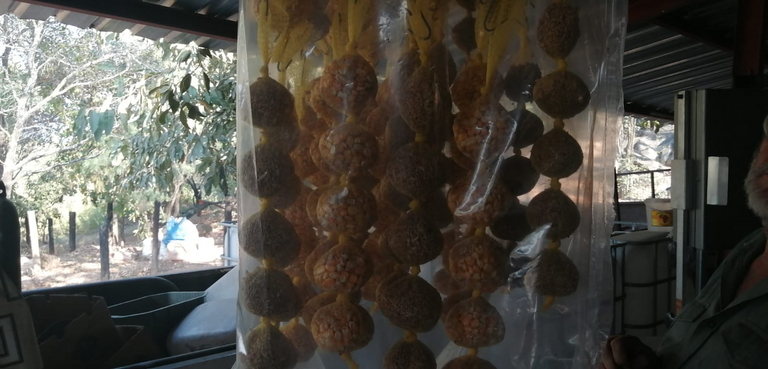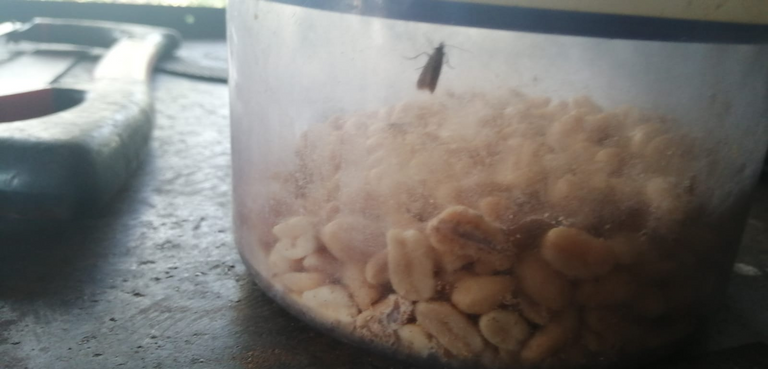In the agricultural sector when naturally destructive pests can end up having a dismal impact on a vast variety of crops as well as the storage of produce, finding solutions that does not entail reaching for harmful pesticides, can be a tricky business...

Recently I took some Ephestia Kuehniella and Plodia interpunctella specimens that I found in my feed shed on the farm, to my long time friend and entomologist, who I am currently working on some other projects with.
These specimens might be better known to the average person as meal moths and mill moths. You see the entomologist is currently breeding these common pests, in order to better study predication on them, and from these, he then breeds the optimal predator that will attack the eggs of these moths before they can start their natural cycle, destroying uncountable tons of produce in this case grains nuts and corn as well as products produced from these crops that are kept in silo storage by the farmers.
In the picture above, you can see corn and grain suspended in an overhanging plastic tube, where the meal and mill moths will be bread in. these are optimal conditions fir these common pests to breed in an complete various life cycles. once the population is large enough, the eggs will be harvested and exposed to predication. Here the predators will then be bred in mass before circulating them out to farmers all over the country.
This breeding bag holds the newest population of moths I captured from my store, but it is only one of many currently being populated.
The aim of this is to minimize the usage of harmful chemicals introduced to consumable crops,and finding alternative natural ways to reduce the impact that these pests have on our food sources that are less damaging to the environment, as well as the end product that consumers ingest.

Above, although not a very clear picture, you can see an example of the African meal moth, a specimen hosted in dried peanuts, at the bottom of the container you can also see the damage caused by its larvae as the crumbly residue of the gnawing larvae rests at the bottom of the tub. (This moth samples have now been introduced to a breeding tube)